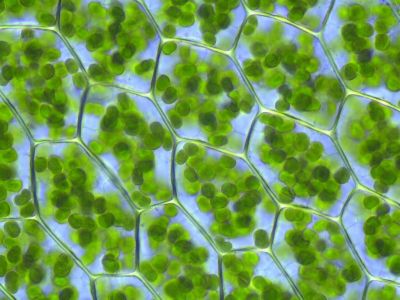
Plagiomnium affine laminazellen
By Kristian Peters -- Fabelfroh (photographed by myself) [GFDL (http://www.gnu.org/copyleft/fdl.html) or CC-BY-SA-3.0 (http://creativecommons.org/licenses/by-sa/3.0/)], via Wikimedia Commons
Rather than studying chemical processes and compounds in isolation,
research is moving towards a systems approach that investigates complex
chemical networks from multiple angles.
The aim of the EU-funded 'Replication and adaptation in molecular networks' (
READ)
project is to train the next generation of systems chemists through a
wide range of research projects. It has paired talented young
researchers with experienced scientists and industry partners, with a
specific focus on adaptation and replication within molecular networks.
Researchers have already prepared a number of self-synthesising
materials. They have generated self-assembled materials that are
electronically conductive, and materials that display adaptive
biological function.
The group developed sensors for bio-analytes as well, and work has
started on creating anti-counterfeiting solutions based on
self-assembling materials. Training has also been provided on various
analytical techniques.
This comprehensive training and research programme will deliver
scientists eager to push the frontiers of systems chemistry. As a
result, Europe will be positioned as a leader in this rapidly emerging
field.

